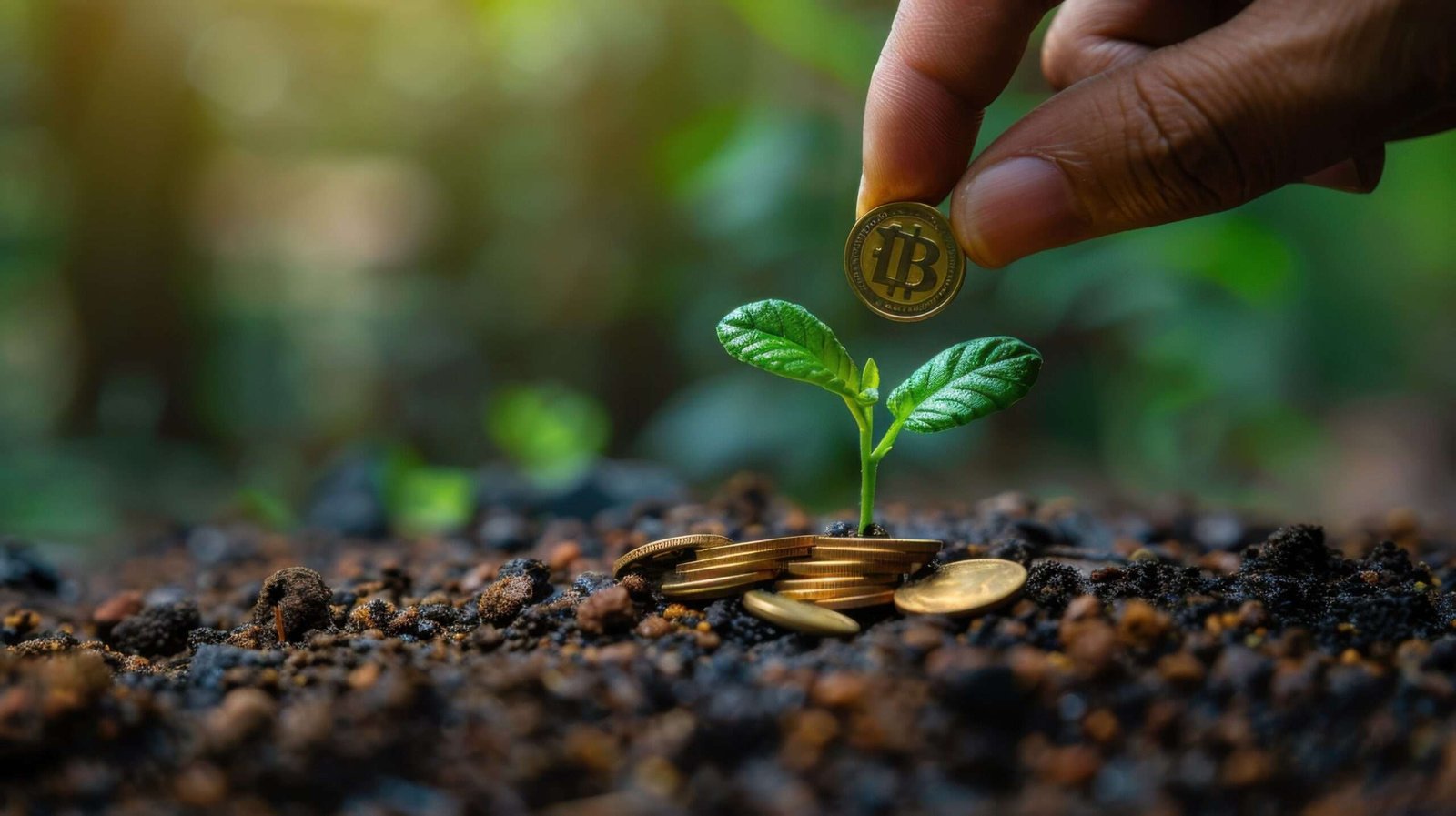Insights into the Future of Farming
Agriculture has been the backbone of human civilization, but as the global population continues to grow and climate change presents new challenges, farmers are under increasing pressure to produce more with less. This is where modern agriculture techniques come into play, offering solutions that are not only innovative but also sustainable and efficient.
- Precision Farming:
Precision farming involves using technology such as GPS, sensors, and data analytics to monitor and manage crops and soil health. This allows farmers to make data-driven decisions, ensuring that each plant receives the optimal amount of water, nutrients, and care. By applying inputs more accurately, farmers can reduce waste, save costs, and improve crop yields. For example, soil sensors can detect moisture levels and automatically adjust irrigation systems, preventing both under- and over-watering. - Vertical Farming:
Vertical farming is a revolutionary technique that involves growing crops in stacked layers, often in controlled indoor environments. This method significantly reduces the land required for agriculture and allows for year-round cultivation regardless of external weather conditions. Vertical farms use hydroponics or aeroponics to deliver nutrients directly to the plants’ roots, making water use up to 90% more efficient compared to traditional farming. Additionally, because vertical farms are usually located near urban centers, they can reduce transportation costs and the carbon footprint associated with food distribution. - Drones and AI:
The use of drones and artificial intelligence (AI) is transforming agriculture by providing farmers with real-time data about their crops. Drones equipped with cameras and sensors can fly over fields to monitor plant health, identify pest infestations, and assess crop maturity. AI algorithms analyze this data to provide actionable insights, such as which areas of the field need more attention or when to harvest for optimal yield. This not only saves time and labor but also enhances the overall productivity of the farm. - Genetically Modified Crops:
Genetically modified (GM) crops have been engineered to possess certain traits, such as resistance to pests, diseases, or harsh environmental conditions. These crops can help farmers reduce their reliance on chemical pesticides and herbicides, which can be harmful to the environment and human health. GM crops also tend to have higher yields and better nutritional profiles, making them a vital tool in the fight against food insecurity and malnutrition.
By adopting these modern agriculture techniques, farmers can not only boost their productivity and profitability but also contribute to a more sustainable and food-secure future. The shift towards technology-driven farming is inevitable, and those who embrace it early will be better equipped to meet the demands of tomorrow’s world.



